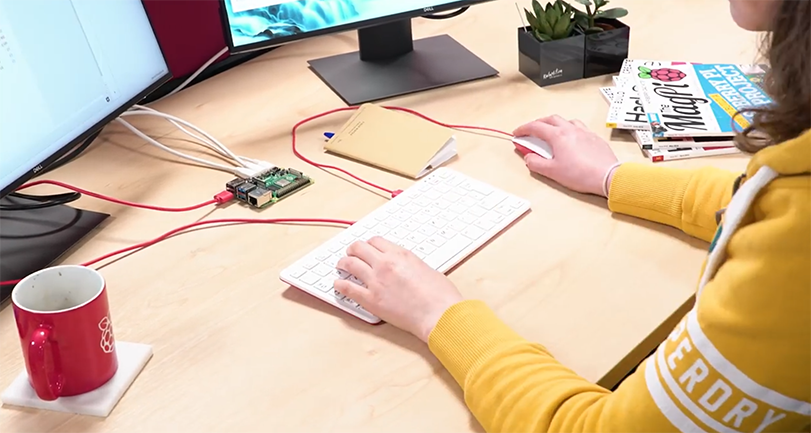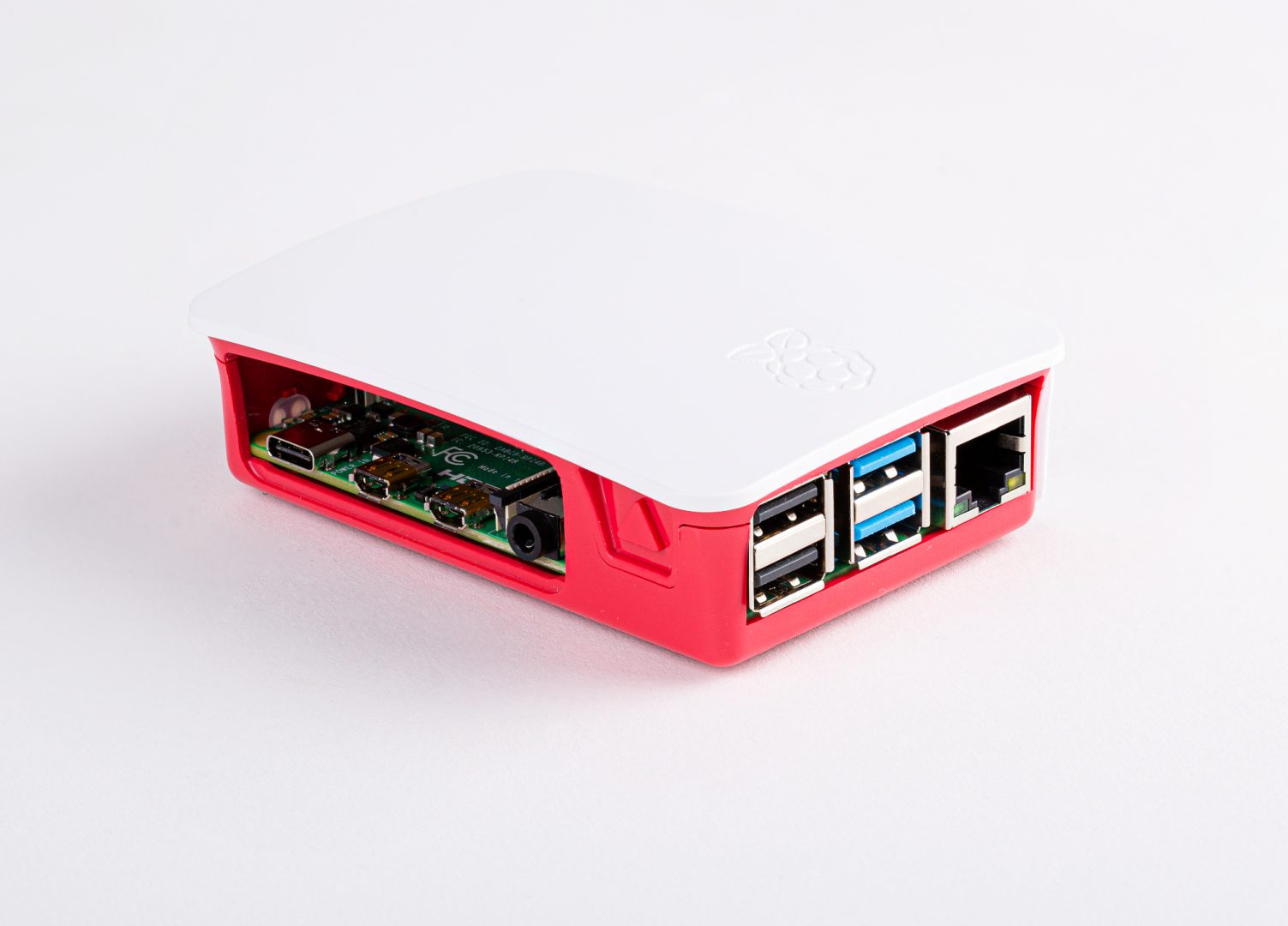Raspberry Pi 4 Brings Desktop-Level Performance, Dual Monitor Support

Update adds faster processor, dual micro-HDMI ports, faster networking and other features for same £34 price tag
The Raspberry Pi Foundation on Monday released the fourth iteration of the hardware platform, for the first time giving desktop-level performance and including support for dual monitors.
The device retains the same form factor as version 3, being about the size of a pack of cards, and the basic model retains the £34 price tag.
The basic model ships with 1GB of RAM, with 2GB or 4GB models costing £44 or £54.
“This is a comprehensive upgrade, touching almost every element of the platform,” the Cambridge-based group said. “For the first time we provide a PC-like level of performance for most users, while retaining the interfacing capabilities and hackability of the classic Raspberry Pi line.”

Desktop performance
The first Raspberry Pi launched in 2012 as an educational tool for students, but has become broadly popular amongst enthusiasts.
NASA revealed last week that a Raspberry Pi attached to its network by an employee was used in an attack on its network last year, an indication of how ubiquitous the devices have become.
Version 4 includes a faster system-on-a-chip, using ARM’s Cortex-A72 architecture, a Broadcom quad-core 64-bit ARMv8 chip running at 1.5GHz that supports features such as H.265 hardware video decoding.
The new model marks the first time that Raspberry Pi has been available with more than 1GB of RAM, with previous versions offering 512MB or 1GB.

Gigabit Ethernet
The device uses the faster LPDDR4 memory standard, up from the previous LPDDR2, and includes true Gigabit Ethernet for the first time, giving a boost to network connection speeds.
It has two USB 3.0 ports and two USB 2.0 ports, with a USB-C port for power and Bluetooth 5.0 wireless.
In place of the previous single HDMI port, Pi 4 has two micro-HDMI ports, supporting two 4K displays at 60 frames per second.
As in the past, it allows users to store their data and operating system on a microSD card, with a built-in slot.
The device is available starting on Monday from Raspberry Pi resellers or from the Raspberry Pi Store in Cambridge.
